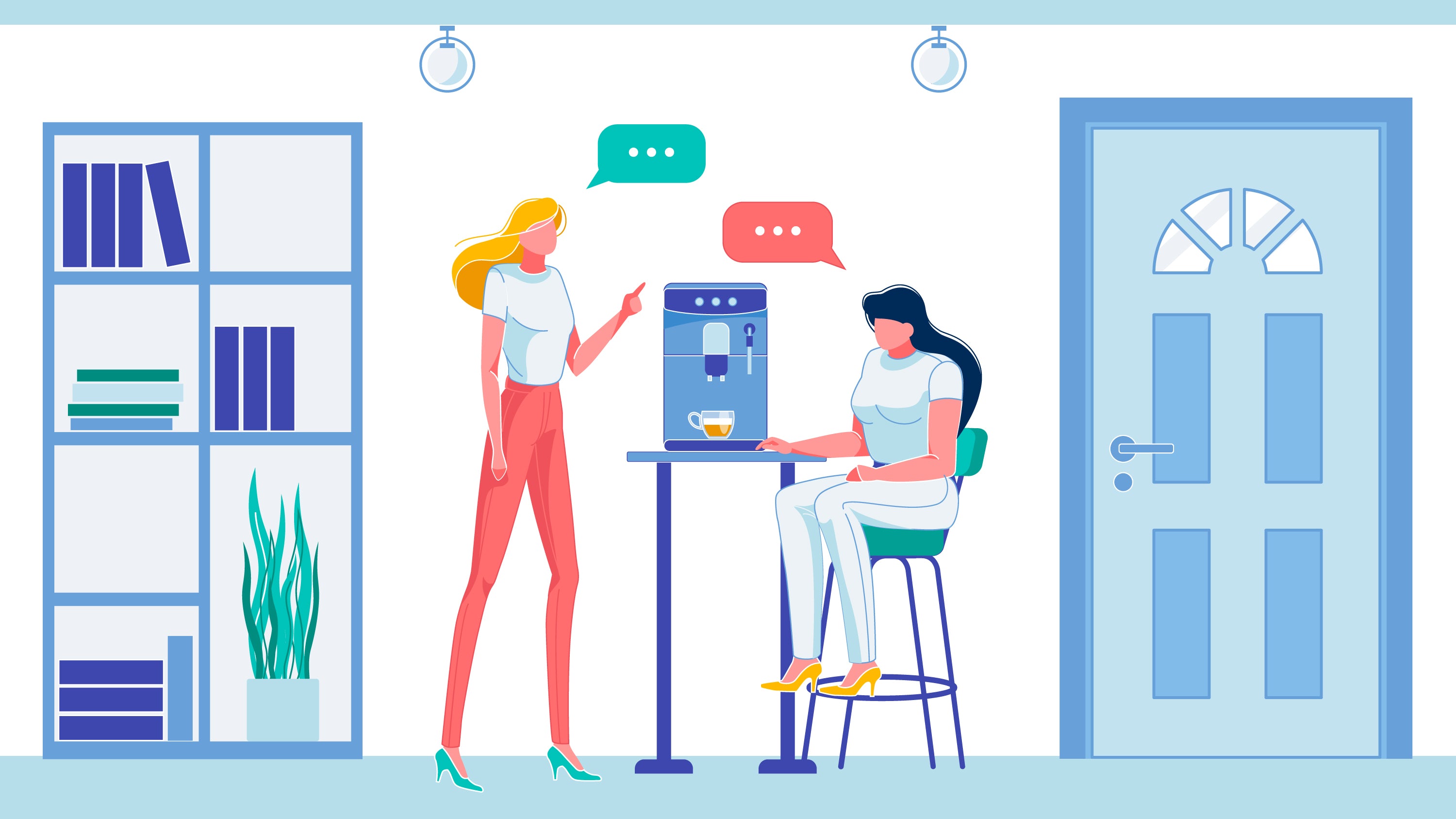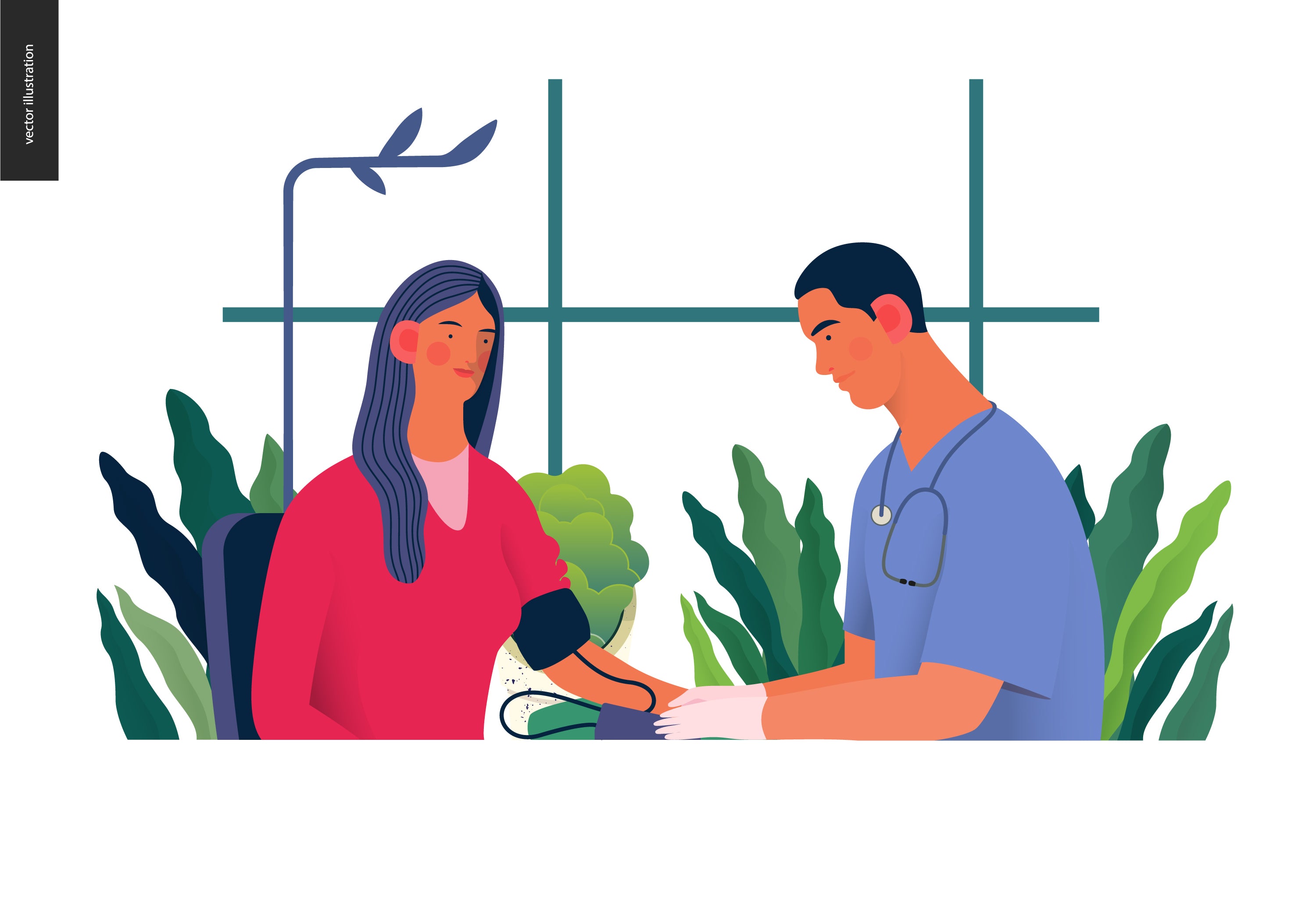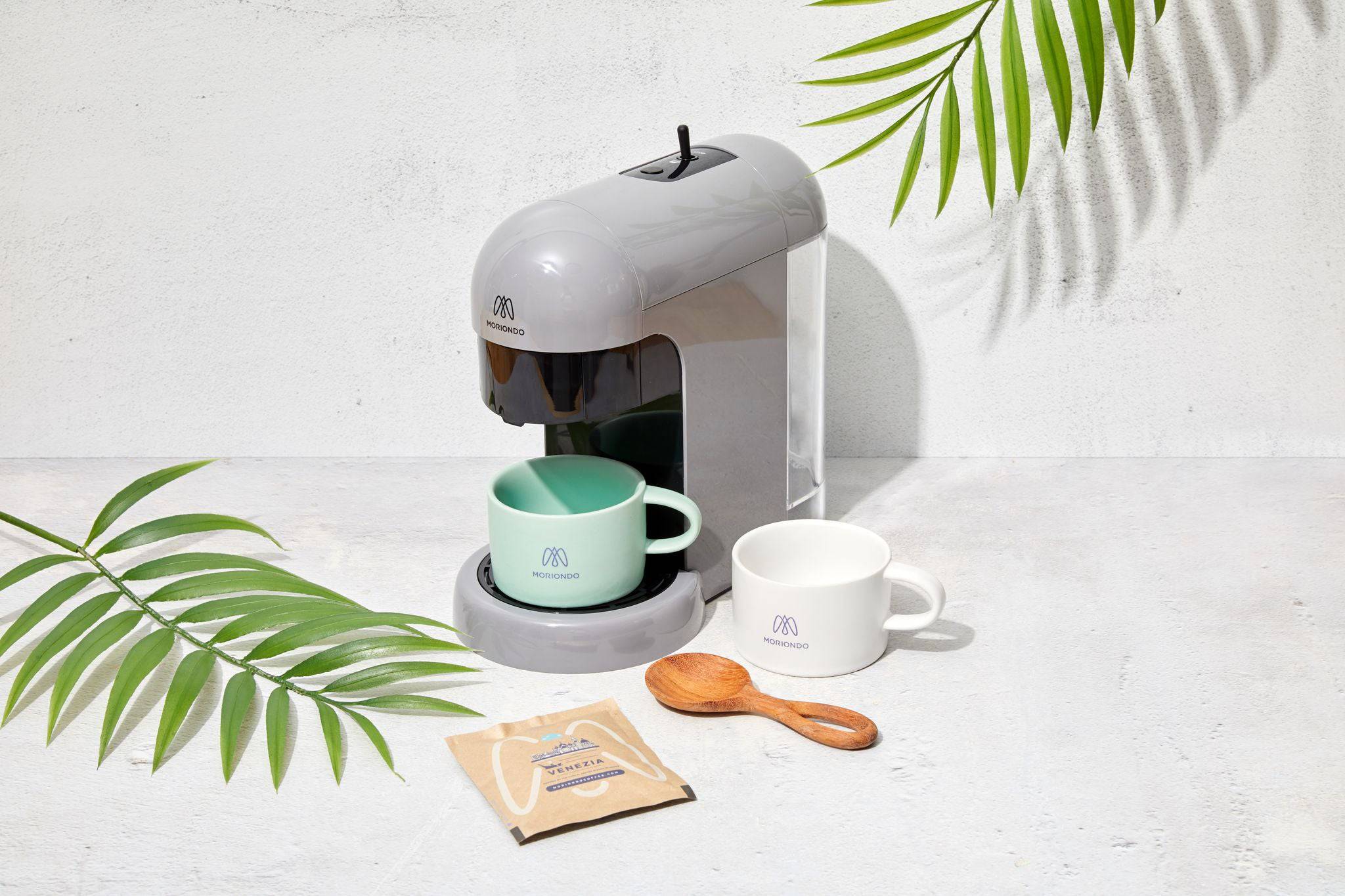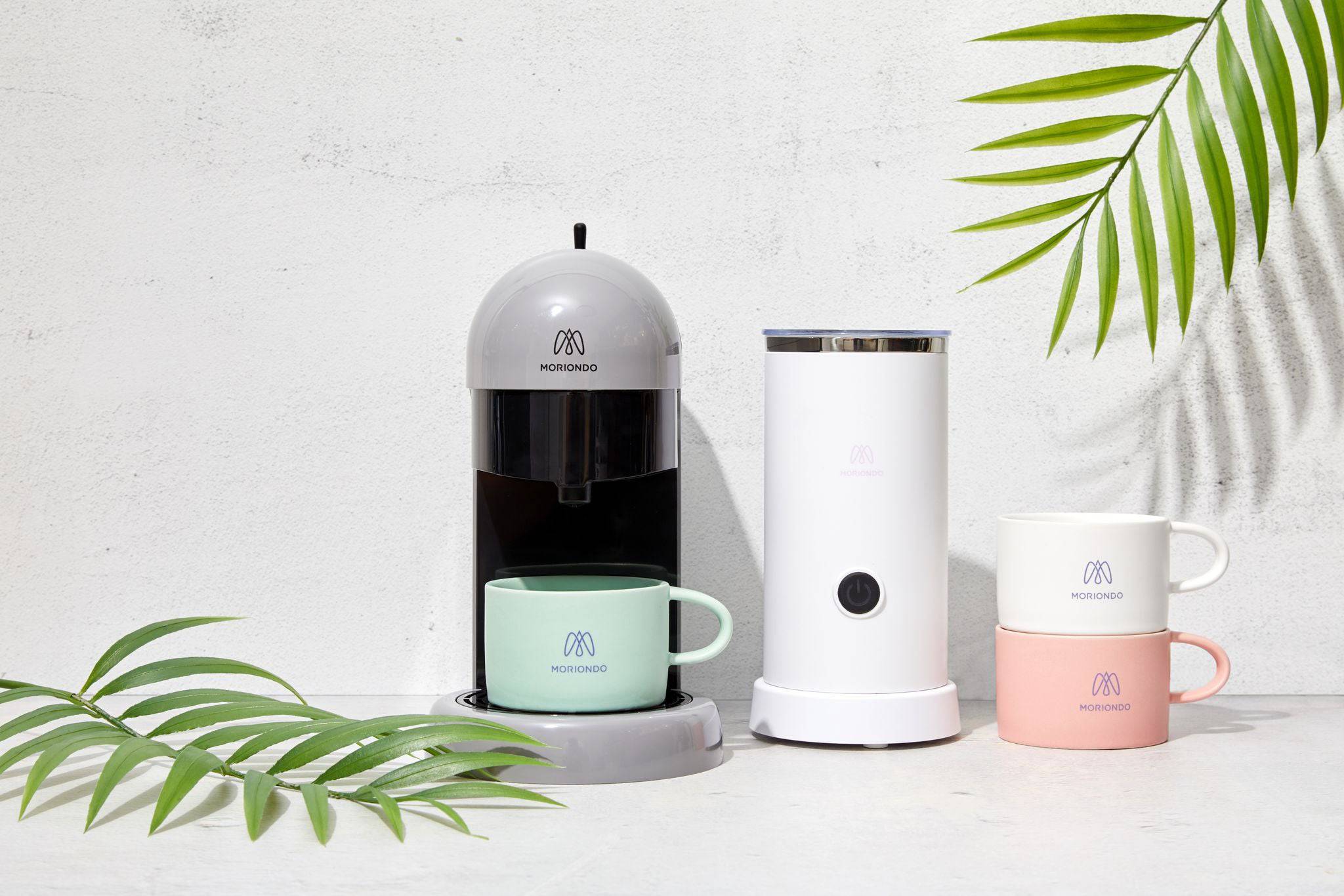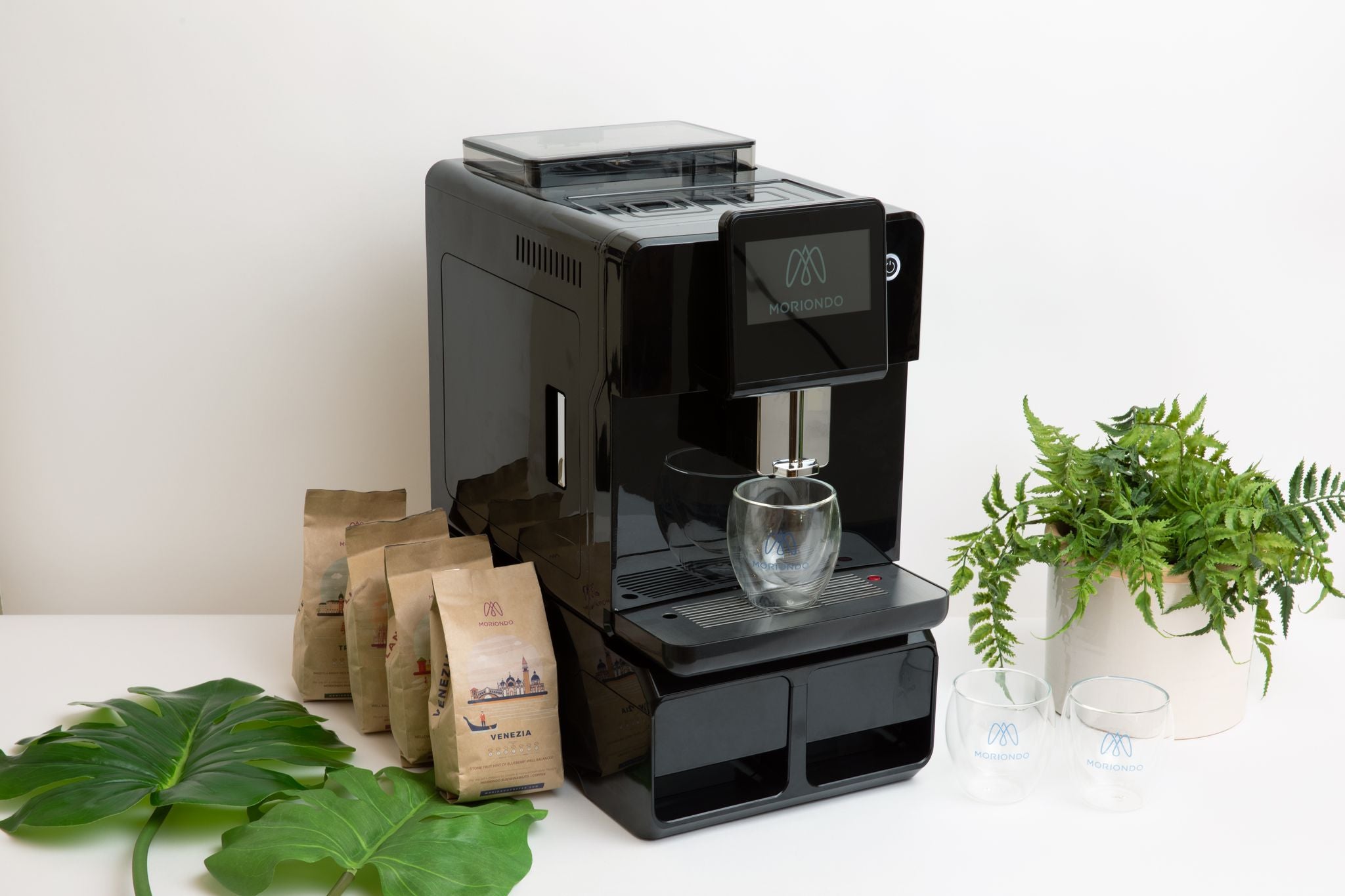Does Decaf Coffee Raise Blood Pressure?
According to research, consumption of decaffeinated coffee is liable to increase the chance of heart disease and raise your blood pressure.
Many people begin their day with one or more cups of coffee, usually with too much caffeine.
In order to safeguard their health, some believe that the decaf option is the better alternative for coffee consumption when dealing with coffee and blood pressure.
Nevertheless, decaffeinated coffee poses its own slew of negative consequences, including the risk of myocardial infarction (heart attack).
In certain ways, decaffeinated coffee is less harmful than traditional coffee with too much caffeine intake, but it is still dangerous.
Here's everything healthy adults need to know before switching to decaffeinated coffee.
Benefits of Decaffeinated Coffee

Everyone has a reason to reduce their overall intake of caffeine, whether related to high blood pressure or not.
Yet, this does not imply you have to cease drinking coffee, as you may face caffeine withdrawal symptoms. Drinking coffee with caffeine has several potential side effects, similar to energy drinks, including high blood pressure, insomnia, and anxiety.
In comparison to other types of drinking coffee, black decaf offers more health benefits than most. The reason you should focus on black decaffeinated coffee consumption is the fact that various additives such as syrup, milk, and sugar compromise the health benefits.
Mood and Attention Span
Like traditional caffeine and energy drinks, decaf coffee has proven to improve attention span and mood. Yet, there are other compounds found within that can have an impact on your daily functioning.
Improved Liver Functionality
For example, decaf coffee has been proven to be healthy for the liver. Furthermore, it is a stellar option for those who appreciate coffee yet do not desire to deal with any negative repercussions that come along with it.
Reduce symptoms of aging
Decaf coffee also has a positive effect on the mental decline that comes with aging. Studies of human cells demonstrate that decaf coffee is able to protect key neurons in the brain. This aids in the prevention of neurodegenerative diseases such as Parkinson's and Alzheimer's.
A particular study suggests that this ability is due to coffee's chlorogenic acid instead of caffeine.
A common side effect of consuming coffee or energy drinks and the caffeine content includes acid reflux. Many people find that drinking decaf relieves this particularly uncomfortable side effect.
Drinking more than one cup of decaf coffee daily has also proven to lower the risk of rectal cancer development by as much as 48% in healthy adults.
Cons of Decaffeinated Coffee
As opposed to regular coffee, decaf has been demonstrated to considerably increase your risk of heart failure. Moreover, there is a positive correlation between a lower risk of heart failure and the consumption of more caffeinated drinks.
How much caffeine is too much?
Interestingly enough, there is, in fact, some caffeine present in your decaffeinated coffee. The process of decaffeination removes approximately 97% of the caffeine from your coffee beans.
This results in your average cup of decaf coffee possessing approximately 2 mg of caffeine, while the average regular cup of coffee contains 95 mg of caffeine.
Much caffeine is removed from coffee in various ways, including through carbon dioxide, water, and organic solvents.
The beans get washed in solvent until the caffeine is extracted.
At that moment, the solvent is removed. It's also possible to remove caffeine from coffee beans utilizing charcoal filters or carbon dioxide, using a method referred to as the Swiss Water Process.
Prior to being roasted and ground, the beans will always get decaffeinated.
The nutritional value you receive from decaf coffee is nearly identical to traditional coffee, minus the caffeine. Yet, the smell and taste are often milder.
Sometimes, the color may also change, depending on what method is used.
When answering the question of how much caffeine is too much, having smaller concentrations does not affect most who are trying to avoid it outright.
If you have caffeine intake sensitivity, you will likely feel the effects of even the tiniest doses. Therefore, if your goal is to stay away from caffeine content completely, you need to first consult your doctor before consuming decaf.
Taste
Another item of note is the fact that the decaffeination process can sometimes strip coffee beans of some of their flavor.
However, advances in decaffeination techniques have made it possible to produce decaf coffee that tastes almost as good as regular coffee.
Caffeine vs. Decaf
Certain benefits of caffeine consumption over decaf include:
- Improved mental function, reaction time, mood, and memory
- Increased rates of fat-burning and metabolism
- Improved body weight
- Enhanced performance in athletics
- Reduced risk of suicidal thoughts and mild depression in women
- Significantly lower risk of end-stage liver damage or liver cirrhosis
- Taste (ask yourself why espresso coffee drinkers are everywhere)
Antioxidants

Both traditional caffeinated coffee and decaf coffee contain some of the richest concentrations of antioxidants found in the Western diet.
However, due to the decaffeination process, decaf coffee has smaller concentrations, by as much as 15%.
The key antioxidants in decaf and regular coffee include polyphenols and hydrocinnamic acids.
These are extremely effective at neutralizing free radicals, types of reactive compounds.
They reduce oxidative damage, preventing diseases such as cancer, type 2 diabetes, and heart disease.
Furthermore, decaf contains small concentrations of specific nutrients.
For example, a single cup of decaf coffee offers 2.4% of the daily recommended intake of magnesium, 2.5% of vitamin B3, and 4.8% of potassium.
Health Conditions That Affect Your Caffeine Intake

You may find that drinking decaf coffee will benefit you if you possess some or all of the below health conditions.
Avoid coffee if you drink too much caffeine and fall under any of these categories.
Pregnancy
How much caffeine should you consume during pregnancy? Most OBGYNs will recommend pregnant women consume less than 200 mg of caffeine per day (the amount present in two cups of coffee). If you still crave the taste, decaf's lower levels offer a good alternative.
You must avoid caffeine during pregnancy because the chemical passes through the placenta and reaches the baby. This can lead to low birth weight or, worse, pregnancy loss.
Caffeine Sensitivity
Those whose bodies are generally sensitive to caffeine will likely face negative side effects every time they have a cup of traditional coffee.
Consuming decaf instead will help you avoid feeling anxious or jittery.
Medications
You should always consult your doctor with regard to certain medications, especially drugs that are designed to treat anxiety symptoms. These are liable to interact with caffeine. A physician will be able to inform you how much caffeine and how many cups of coffee you should consume every day.
Types of Caffeinated Beverages
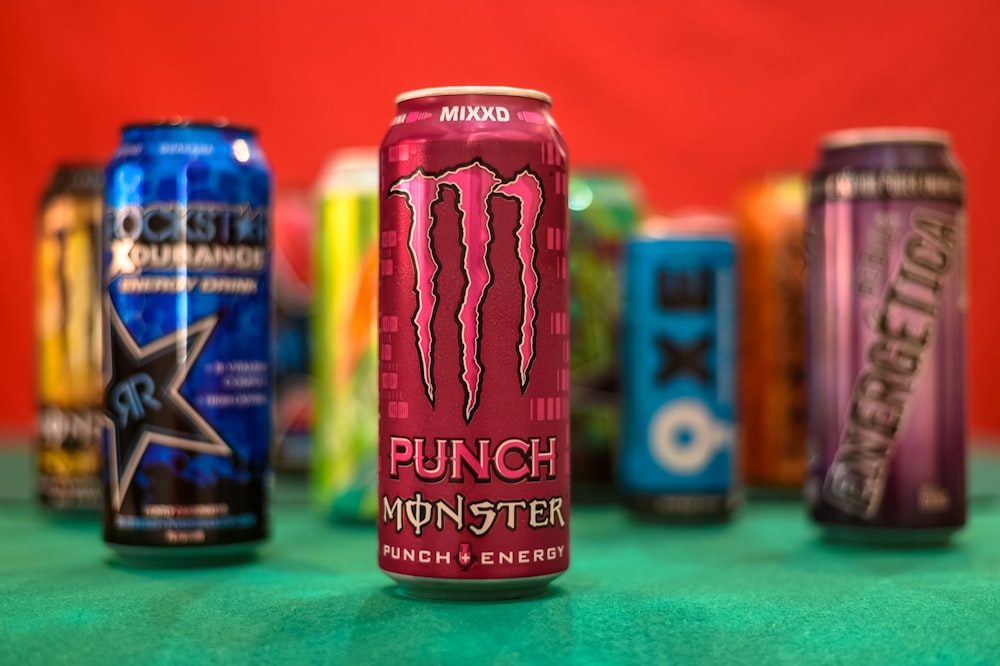
There are many types of caffeinated beverages available.
Caffeine affects your energy levels, and having a caffeinated beverage will increase your heart rate. If you want to stick to decaf, avoid the following sources:
-
Coffee drinks
-
Energy tea
-
Pure powdered caffeine (consume caffeine directly when mixed with water)
-
Cola soda
Research On Decaf Coffee

The effect on blood pressure and heart rate from decaf coffee was investigated in a 12-week blind crossover trial by researchers in the Netherlands (Dusseldorp et al, n.d.). The hypothesis stated that decaf coffee, consumed over the course of 6 weeks, would not have any effect.
Across 46 participants, evenly balanced between men and women, the most popular coffee brands sold in the country were provided to test subjects. Coffee was offered in single-cup, blank disposable packages.
The difference between caffeinated and decaffeinated doses was caused by extraction using dichloromethane.
Blood pressure was measured using automatic tracking devices, with subjects monitoring their body rates one day each week.
The results demonstrated that the subjects could not tell if they received regular coffee or decaffeinated coffee to test high blood pressure.
Across the variables of ambulant blood pressure, the subjects showed an average of higher rates of systolic blood pressure, diastolic, mean arterial, and ambulant heart rates when exposed to regular coffee over decaf.
However, the values were only slightly higher.
This means that although decaffeinated coffee may be a slightly better alternative when attempting to reduce blood pressure, it can still raise it in the body like regular coffee.
Future of Decaf Coffee
The future of decaf coffee consumption looks bright as the demand for caffeine-free alternatives to improve blood pressure continues to grow. Here are a few trends that could shape the future of decaf coffee drinking:
-
Increased focus on sustainability: With the growing awareness of environmental issues, it is likely that there will be a greater emphasis on sustainable decaffeination methods. This could include the use of water or carbon dioxide as solvents, as well as the adoption of eco-friendly packaging.
-
Improved decaffeination methods: As decaffeination techniques continue to evolve, the quality and flavor of decaf will likely continue to improve for coffee consumption. This could involve the development of new, more effective decaffeination methods, as well as the optimization of existing methods to produce better-tasting decaf coffee.
-
Greater variety of decaf coffee options: As the demand for decaf coffee grows, it is likely that there will be an increase in the variety of decaf coffee options available. This could include a wider range of decaf coffee beans, as well as an increase in the number of decaf coffee blends and roasts.
-
Growth of the specialty coffee market: The specialty coffee market has been growing in recent years, and this trend is likely to continue in the future. As more people discover the wide range of flavors and aromas that specialty coffee has to offer, it is possible that decaf coffee will become more popular among coffee connoisseurs.
In conclusion, the future of decaf coffee looks bright, with a growing demand for caffeine-free alternatives, improved decaffeination methods, and a wider range of decaf coffee options.
Conclusion
It's best to simply limit caffeine consumption as well as moderate caffeine consumption.
Too much caffeine increases health problems. If you plan to consume multiple cups of coffee each day, you should drink decaf coffee, but know there are still risks.
Does coffee raise blood pressure? The answer is yes.
Good Tasting Coffee: How to Identify Coffee Flavors

In order to appreciate the different types of coffee available, it's important to cultivate an awareness of its unique characteristics. Let's take a look at the way coffee connoisseurs judge different cups of coffee.
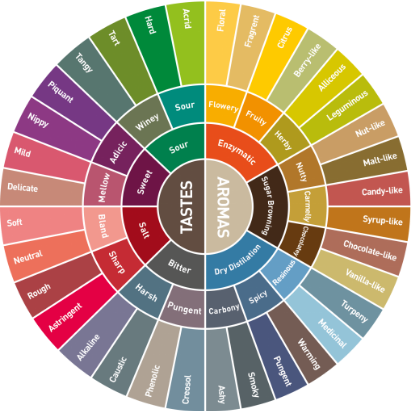
Aroma
The scent of a cup of coffee has a direct influence on how we perceive its flavor. As you drink coffee try to notice if the scent is smoky, fruity, earthy, spicy, nutty or grassy.
Acidity
One of the most defining characteristics of a cup of coffee is its acidity. This is the sharp, bright tangy quality of coffee that perks up our senses. Coffee doesn’t necessarily contain just one type of acid, either. It may contain citric acid, malic acid (fruity in flavor) or even quinic acid from stale coffee, which gives us stomach aches.
Body
This is the weight, thickness and texture of coffee in your mouth. The body of different types of coffee falls on a spectrum of light- to full-bodied viscosity (thin to thick).
Flavor
This is where comparisons come in handy and there is some overlap between aroma and flavor. Your coffee might taste bitter, sweet, savory or sour with common comparisons to chocolate, wine or fruit.
Related Posts

